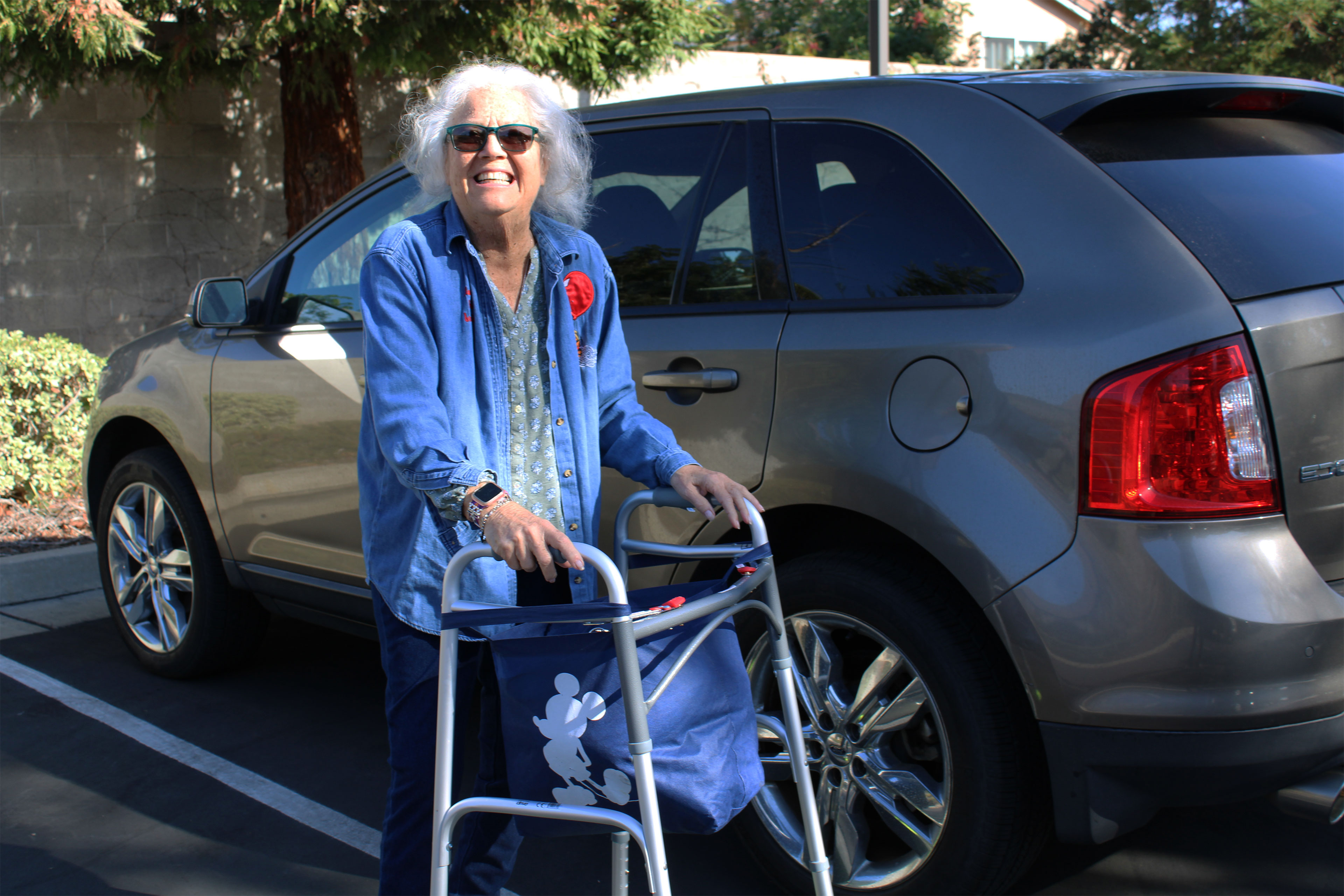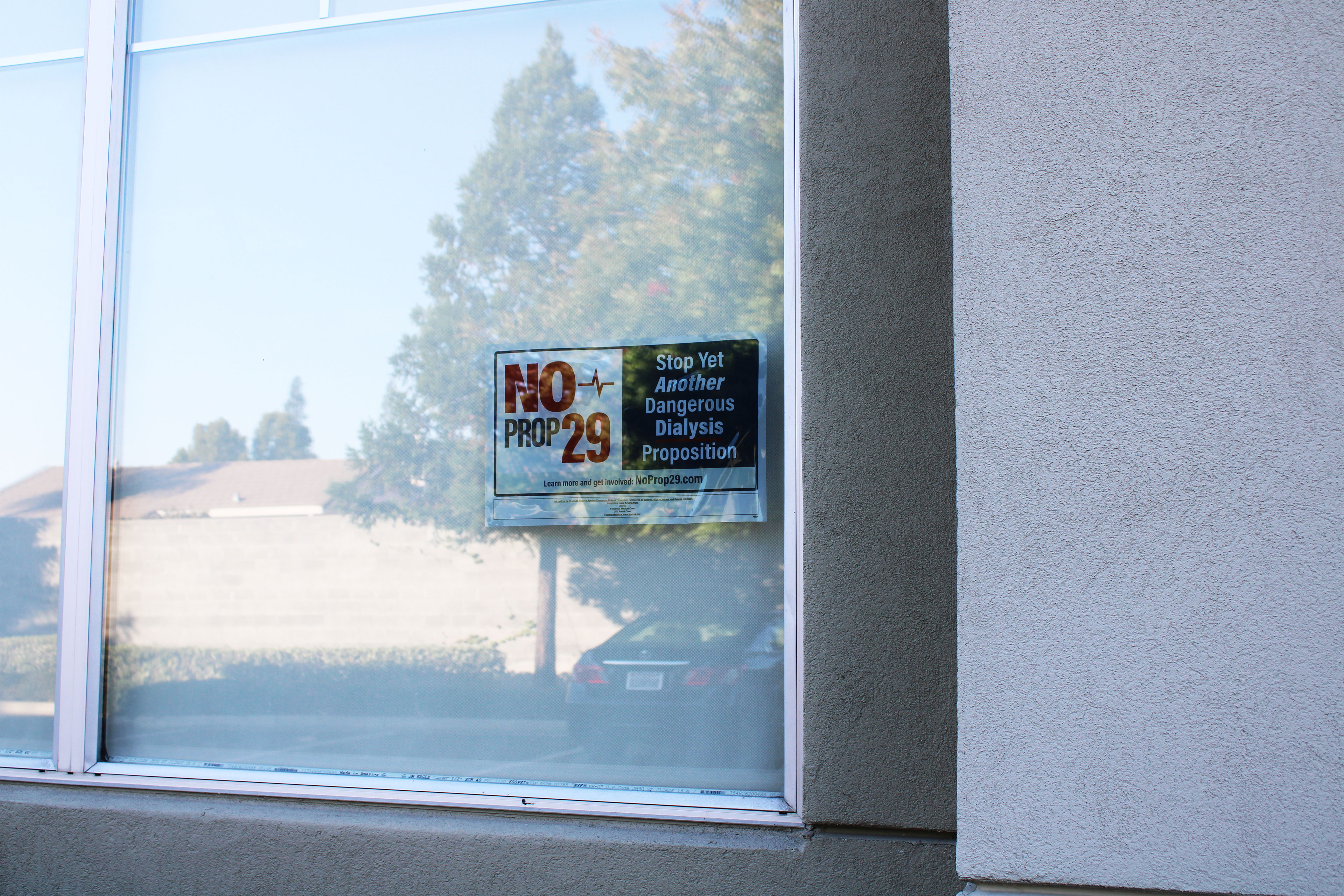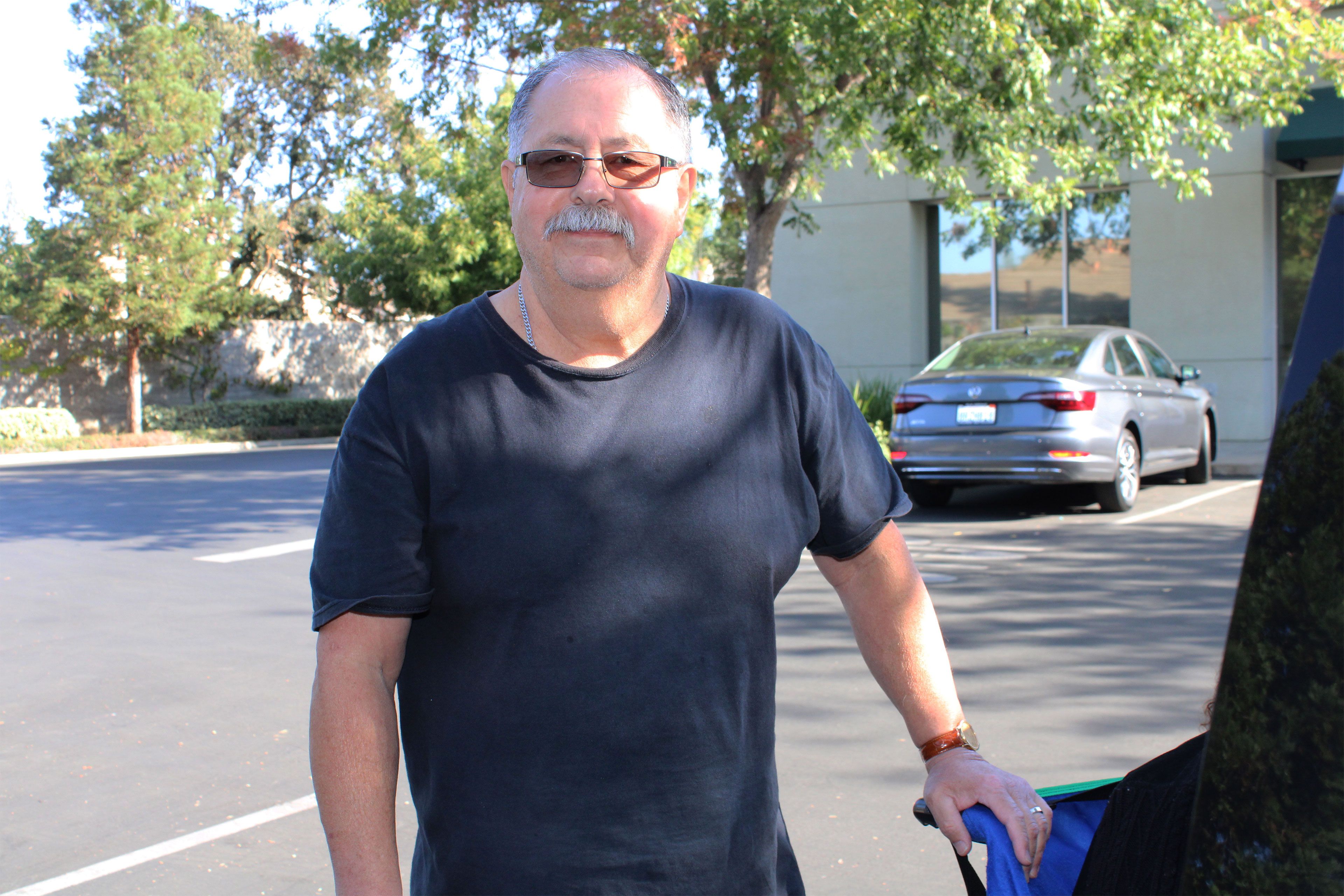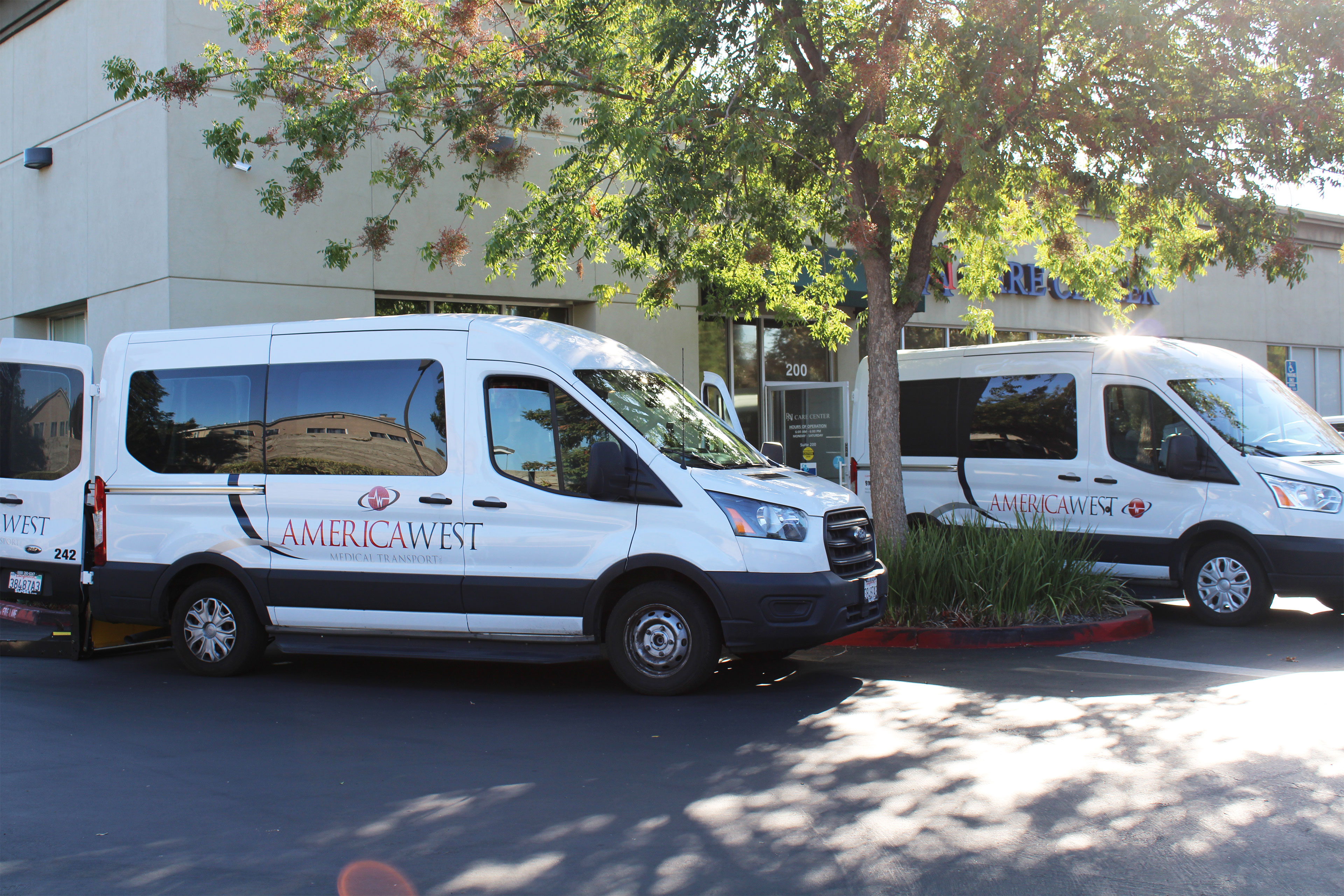Home » Health News »
California Patients Fear Fallout From Third Dialysis Ballot Measure
ELK GROVE — Toni Sherwin is actually looking forward to the procedure that will relocate her dialysis port from her chest to her arm, which will be easier to keep dry. Since she started dialysis in February — as part of blood cancer treatment — she has washed her hair in the sink and stayed out of her pool to prevent water from getting into the port.
Three times a week, Sherwin, 71, drives to a dialysis clinic in Elk Grove, California, the suburb south of Sacramento where she lives, and lies tethered to a machine for about four hours while it filters her blood. The treatment exhausts her, but she feels well cared for and knows the clinic workers will call the police if she doesn’t show up for an appointment and they can’t get in touch with her directly.
“They don’t play games,” said Sherwin.
Sherwin fears her access to the clinic is in jeopardy. A sign in the clinic’s window tells patients and visitors to vote “no” on Proposition 29, the third statewide dialysis initiative in five years. It would impose new requirements on dialysis clinics, such as requiring a doctor to be on hand during treatments.
She and other California voters have also been bombarded by TV ads, in which patients in wheelchairs and doctors in scrubs warn that “29 would shut down dialysis clinics throughout California.”
“We’re terrified,” said Sherwin. “If they stop it, where are we going to go? We just die.”

Sherwin is among roughly 80,000 Californians who rely on 650 dialysis clinics tucked into strip malls and medical centers around the state. Patients arrive in medical transport vans, minivans, and the occasional ride-hailing vehicle and are often too tired and hungry after treatment to drive themselves home. They drag duffel bags and pillows into clinics, prepared to sit for four or five hours at a time, typically three days a week, as their blood is cleaned and filtered through a machine because their kidneys can no longer perform those functions.
Proposition 29 would require clinics to report infections to the state and tell patients when doctors have a financial stake in a clinic, rules that are similar to existing federal regulations.
Email Sign-Up
Subscribe to KHN's free Morning Briefing.
The biggest flashpoint is the requirement to have a doctor, nurse practitioner, or physician assistant present at every clinic while patients are being treated.
Requiring a clinician on-site would increase each facility’s costs by “several hundred thousand dollars annually on average,” according to an analysis by the nonpartisan state Legislative Analyst’s Office. To deal with the additional costs, the analysis concluded, clinics have three options: negotiate higher rates with insurers, lose profits, or close facilities.
The Service Employees International Union-United Healthcare Workers West, which is sponsoring Proposition 29, said reforms are necessary to keep patients safe during the physically arduous dialysis process. The union — which has tried but failed to organize dialysis workers — argues that the treatment is dangerous and that patients need access to highly trained medical professionals to deal with emergencies instead of relying on 911.
The union was also behind the two previous dialysis ballot initiatives, which failed by wide margins. Proposition 8 in 2018 would have capped industry profits, while Proposition 23 in 2020 was nearly identical to this year’s measure. Both broke records for campaign spending.

The Proposition 29 opposition campaign, funded mostly by the dialysis industry, says keeping a doctor or nurse practitioner around at all times is both costly and unnecessary. Clinics employ registered nurses who check on patients and medical directors — physicians who oversee facilities but are often on-site only part time. About three quarters of California’s dialysis clinics are owned or operated by two companies: DaVita and Fresenius Medical Care.
So far, both sides have raised at least $94 million, according to the Los Angeles Times, with roughly 85% coming from DaVita and Fresenius.
Joe Damian, 71, doesn’t buy the claim that clinics would close if Proposition 29 passed. Of course, he said, he’d feel more comfortable if a doctor were on-site when his wife, Yolanda, has her treatments. He also believes dialysis companies would continue to make money hand over fist.
“How could it not be better?” he asked. “They just don’t want to give up any of their profits.”
Damian drives his wife to her treatments in Elk Grove. He understands why other patients and their families are worried about clinics closing but thinks the industry is fearmongering.
“Closing facilities is a threat they’ll never do,” he said. “Why would they close a moneymaking business?”

Proposition 29 includes provisions intended to protect against clinic closures, such as requiring facilities to get approval from the state before they end or reduce services, but opponents argue the provisions won’t hold up in court.
Nearly all the patients interviewed going to or from dialysis appointments at five Sacramento-area clinics had witnessed workers call 911 for another patient. Most said the emergencies had been handled well by the workers and emergency personnel. Overall, they said, they felt the dialysis clinics took good care of them.
The majority of patients had internalized the language of the opposition ads that warned of clinic closures.
Norbie Kumagai, 65, spent last Thanksgiving at University of California-Davis Medical Center, and his family was told it was time to say goodbye. But Kumagai, who has stage 4 kidney disease and high blood pressure, pulled through and had to wait months for a dialysis chair to open up at a clinic in West Sacramento, about 13 miles from his home in Davis.
Kumagai generally agrees that the dialysis industry needs reforms. For instance, he said, he’d like the technicians who help him each week to get pay raises.
But he’s worried about what Proposition 29 might mean for the treatments that keep him alive.
“I’ve told my friends and neighbors I’m scared to death if it passes,” Kumagai said. “This facility will probably close.”

This story was produced by KHN, which publishes California Healthline, an editorially independent service of the California Health Care Foundation.
Source: Read Full Article



